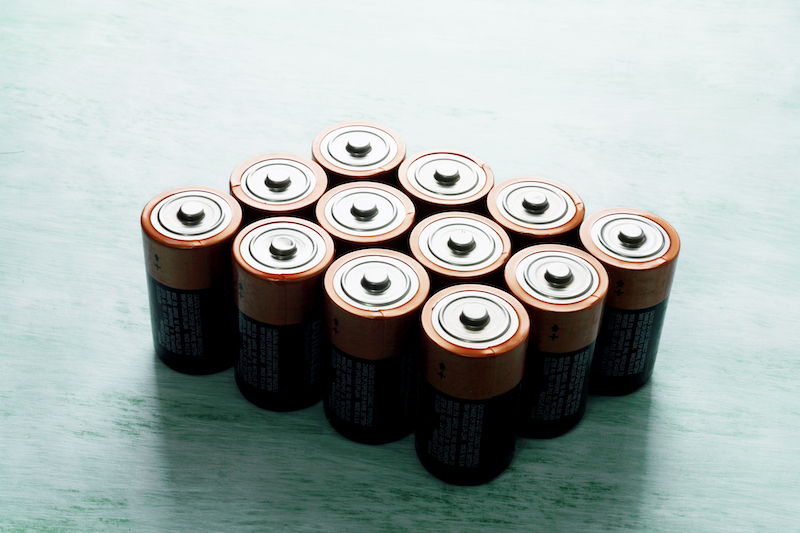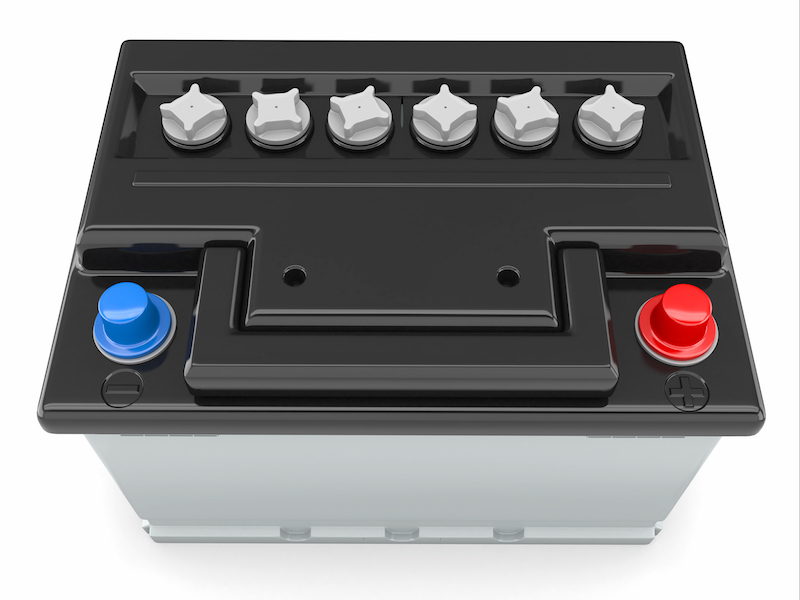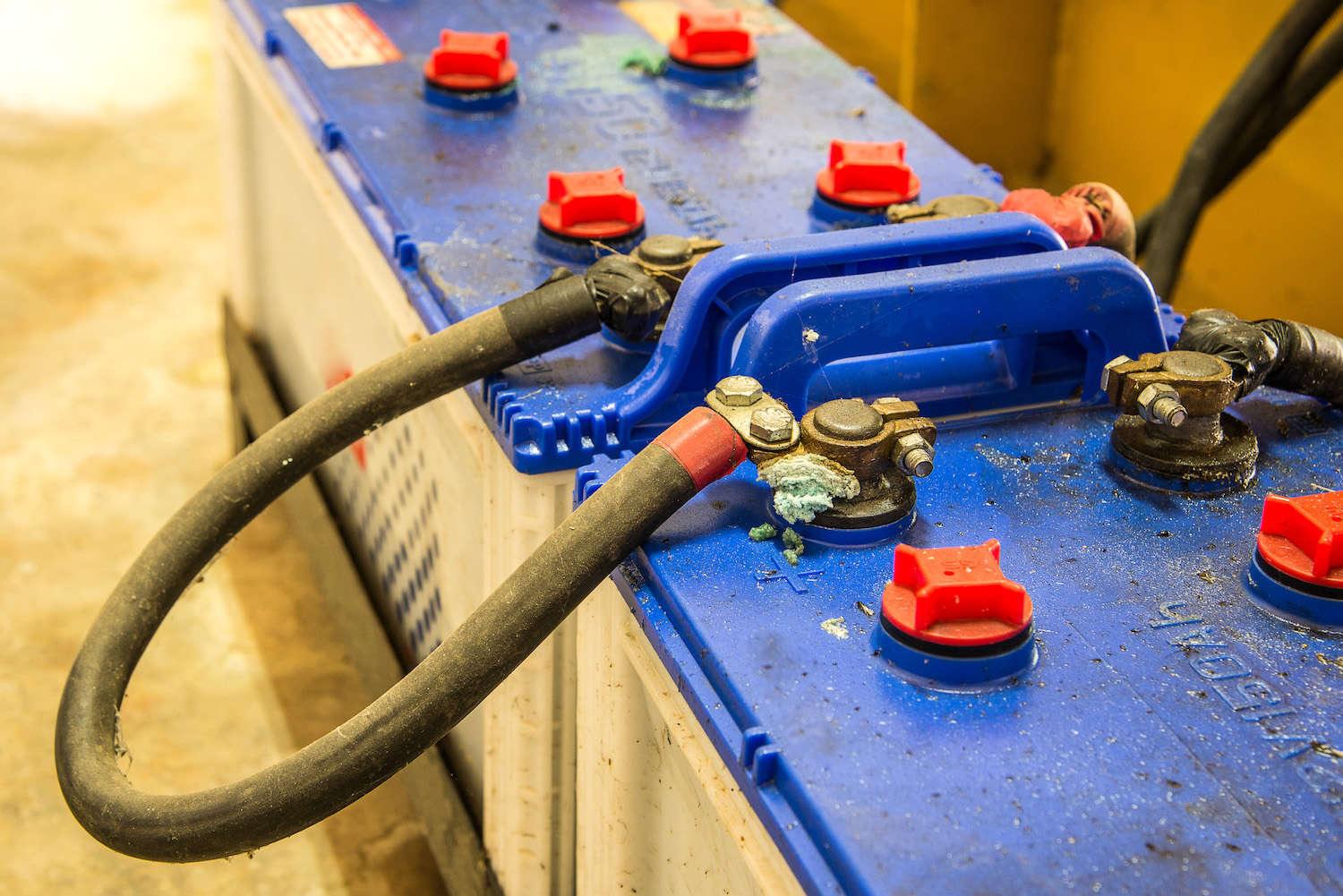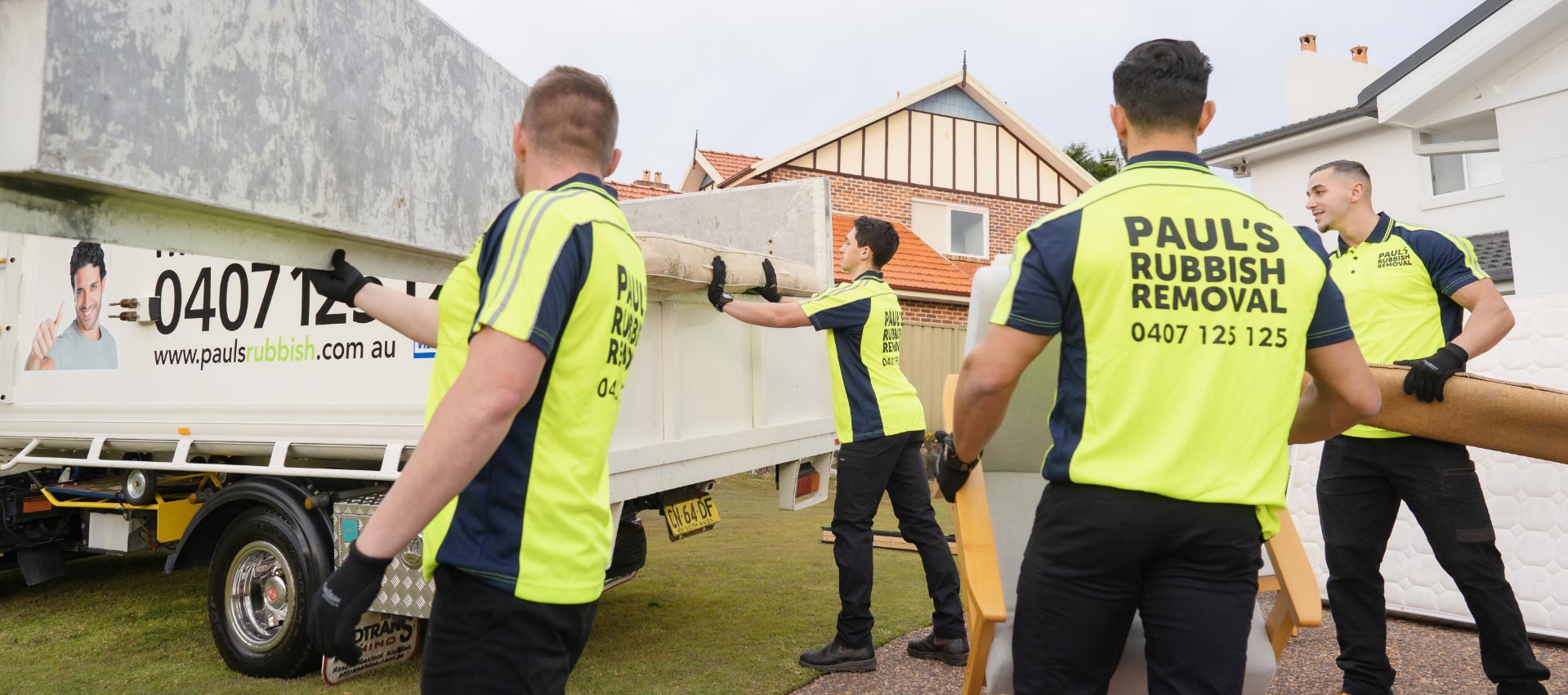Battery Recycling Guide
Batteries are power source providers for many products we use in our daily lives, so much so that they have become a vital part of our sustenance. From cars to refrigerators to laptops, every device we own runs on some sort of battery.
But, like everything else in the world of electronic and digital devices, batteries come with their own set of cons. The biggest is their threat to the ecosystem and to your health.
“Did you know that over 345 million handheld batteries are purchased in Australia every year?! Moreover, 72% of it consists of AA and AAA batteries!! Sure is a lot of battery consumption don’t you think?”
It’s just simple to throw a single-use lead-acid battery in the trash, but that is not precise a conscious way to get rid of it. All batteries, including alkaline, are made with different toxic materials and chemicals like lithium, zinc, cadmium, lead, and sometimes mercury.
Throwing them away in a regular bin which is sent to the landfill would cause these harmful components to flow into the ground. As a result, it is likely to cause many serious health issues in the local area.
That’s why it is essential to handle batteries properly. We have come up with a complete battery disposal and recycling guide in Australia.

Battery Recycling Trends in Australia
Currently around two-thirds of all batteries, which weigh 8,000 tonnes, are disposed in landfills. Only 4% of batteries are recycled in Australia.
During a survey, around 75% of people said they would recycle their batteries if there was an easier way to do it and held battery manufacturers responsible for recycling batteries. They also said that they would prefer giving away dead batteries to a shop which collected them and got them recycled.
One of the reasons why people didn’t buy rechargeable batteries was because they were too expensive. Also, they were under the misconception that rechargeable batteries do not work as well as the normal ones did.
Rechargeable batteries
Rechargeable batteries, such as lithium ion, can be found in most essential devices and tools such as your power tools, laptop, smartphone and camera. Fortunately for you, finding a place to dispose of your batteries is relatively simple and can be free.
In Australia, many retailers participate in a program that encourages businesses to refurbish or recycle lithium batteries. Make sure to check with the local electronics retailers, hardware stores and council in your neighbourhood to see if they accept your battery donations.
In these cases, you don’t need to remove the batteries from your old electronic devices, whether a biomedical device or a smartphone.
Some other rechargeable batteries might contain cadmium and nickel, creating an environmental hazard when you throw them away in an incinerator or landfill. Thus, these units must be disposed of at a hazardous waste site or recycling facility. To find these places, just check the website of your local council to get in contact.
Alkaline batteries
Alkaline batteries are mostly used for simple battery-operated units, such as smoke alarms, remote controls, toys, flashlights or any household junk. They are available in a variety of models and sizes, from 9V to AAA. Depending on the local waste regulations, the proper disposal methods for these units can vary.
Most alkaline batteries produced in the 90’s are constructed from quite non-hazardous materials. Many local councils still require these units be treated as a hazardous waste, so you will need to drop them off at a designated recycling facility or community centre.
If you have a large number of alkaline batteries to get rid of, avoid throwing them away together because it can be dangerous due to the remains inside.
Car batteries
As car batteries mostly contain lead-acid, which is quite hazardous, they can’t be tossed in the bin. Luckily, many retailers might accept used or dead car batteries to recycle.
You can also drop off car batteries at waste disposal or recycling facilities which are responsible for hazardous materials. If you don’t know how to find these places, just call a waste collection service. Even when they don’t collect batteries, they might know the right site where you would drop off these hazardous waste materials.

Why Recycle Batteries Instead of Throwing Them Away in the Garbage?
Batteries are made using components such as zinc, lithium, mercury, lead, nickel and manganese. These components are non-renewable.
Nevertheless, they can be recycled a lot of times and have a market value too. Some of the components of a battery are hazardous to human health and can cause a lot of illnesses. Disposing of heavy metals can contaminate ground and surface water. Recycling batteries will help us reduce waste and contamination of our surroundings.
Recycling the batteries will also help us conserve natural resources such as minerals and metals that are extensively used to make batteries. It will reduce the amount of greenhouse gas emissions that add to the global climate change and environmental destruction. It will open up a new avenue for employment in the recycling industry.
Through the survey done by ABRI, we found out that only 13 – 16% people took their batteries to a proper collection point such as a waste transfer station or hazardous waste collection facility.

Now that you’re aware of the issues, you surely would like to recycle instead of throwing away your batteries. For fast, simple and environmentally-friendly battery disposal in Sydney, simply call Paul’s Rubbish Removal on 0407 125 125 for a free battery disposal quote.
We will arrive at your location to pick up any batteries that you need to get rid of without any questions. We offer the most competitive rates for rubbish removal across Sydney. We apply safe and effective disposal methods to ensure that our battery disposal does not negatively affect the environment.
Get A Same-Day Rubbish Removal Service Today
